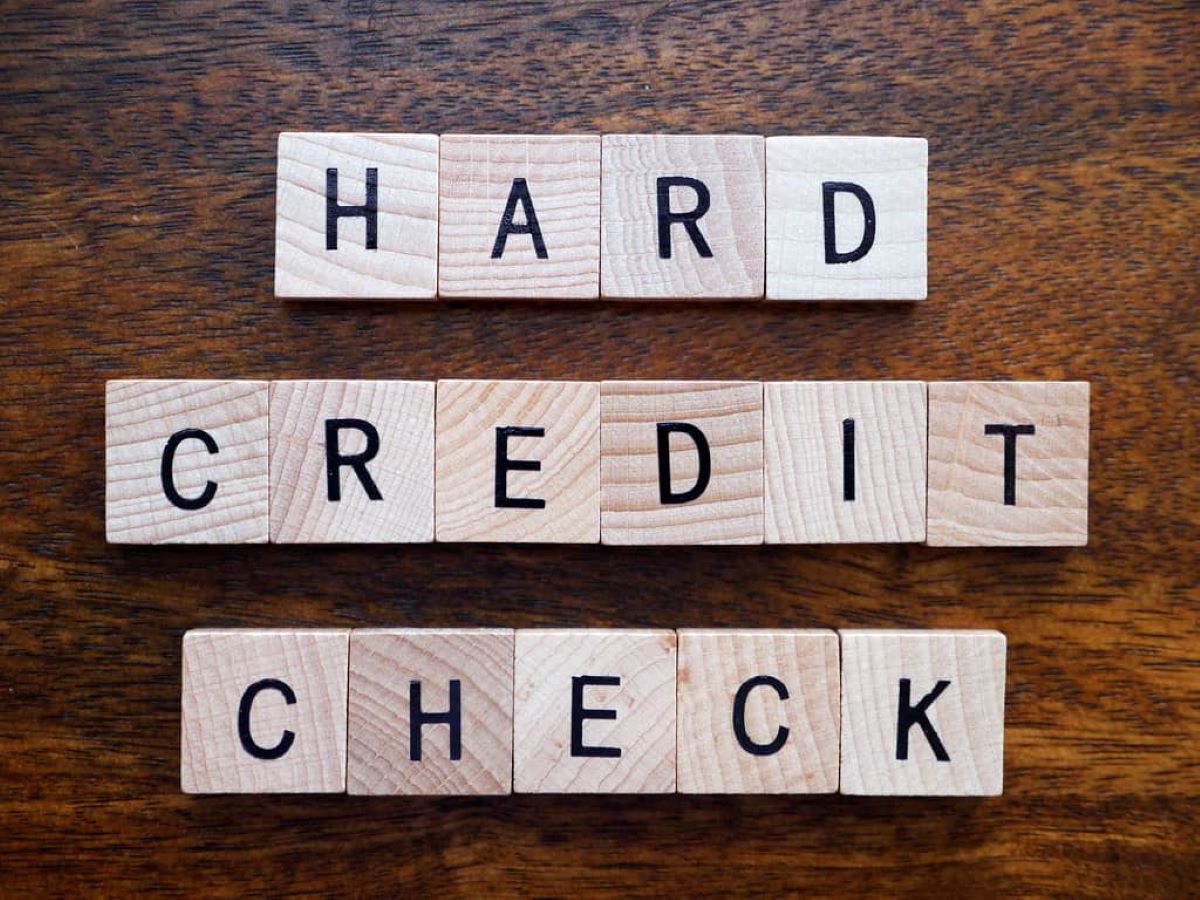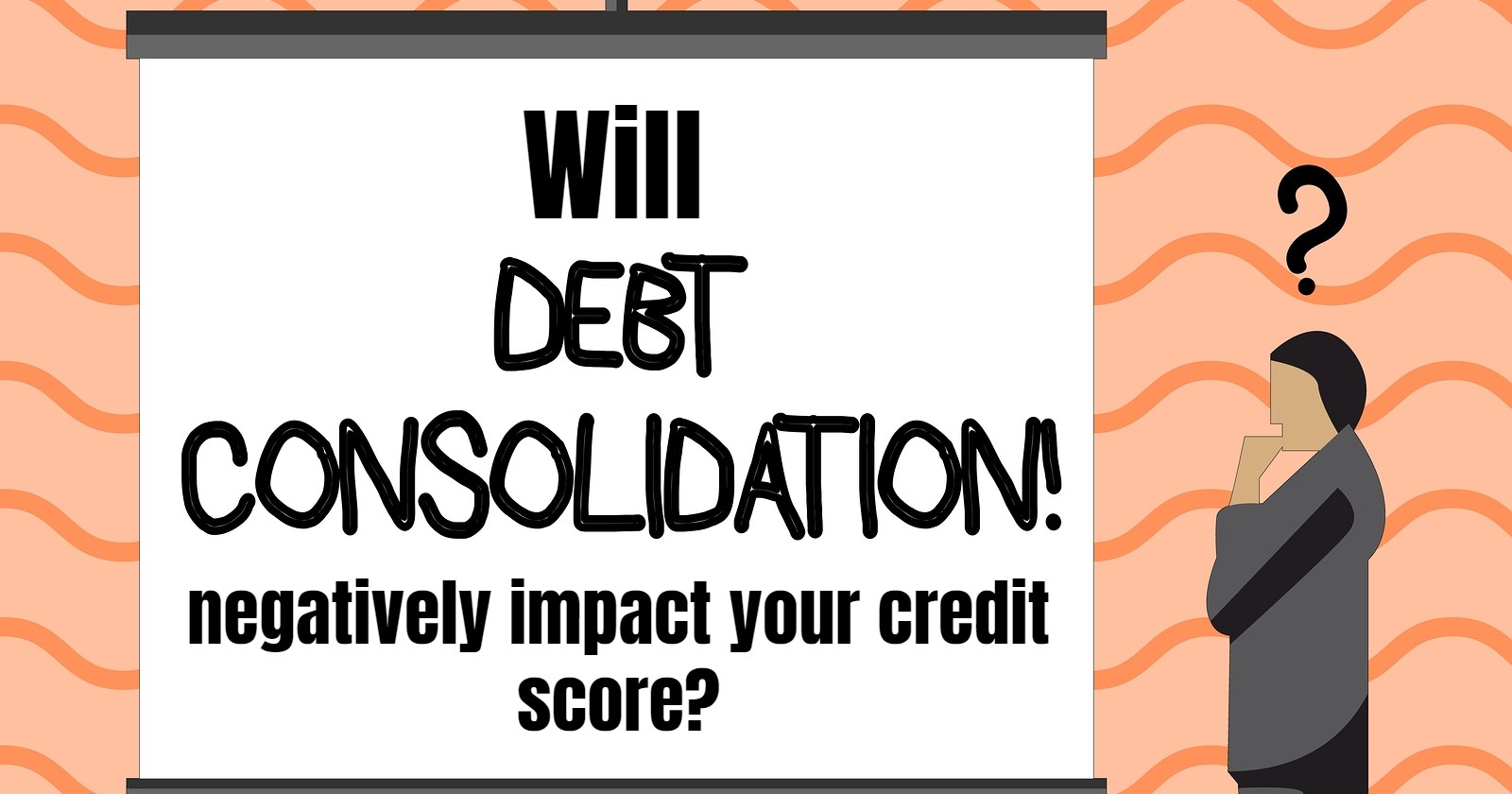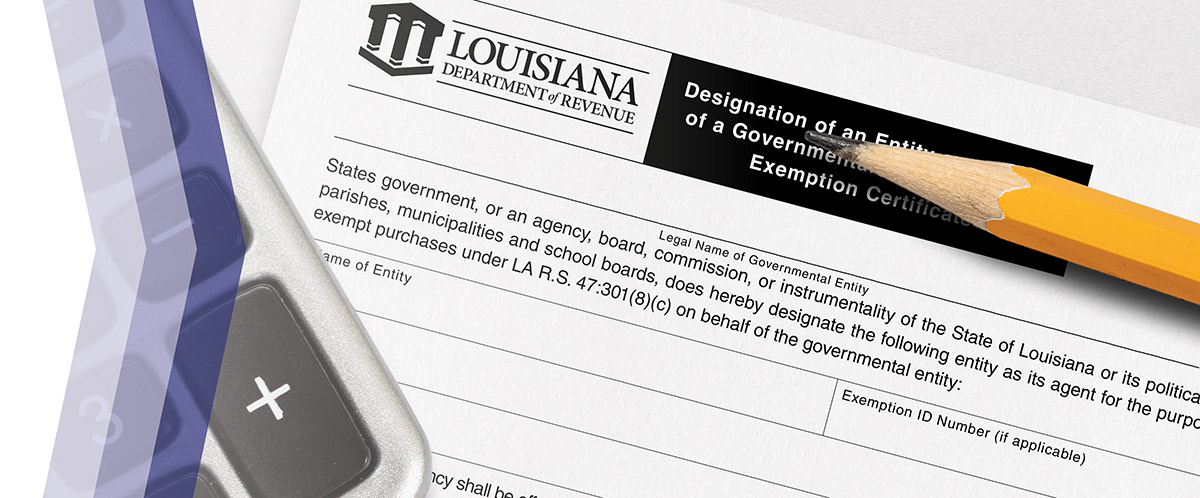

Finance
How Much Does Eviction Affect Credit Score
Published: October 22, 2023
Find out how eviction can impact your credit score and overall financial health. Learn more about the consequences of eviction on your credit.
(Many of the links in this article redirect to a specific reviewed product. Your purchase of these products through affiliate links helps to generate commission for LiveWell, at no extra cost. Learn more)
Table of Contents
Introduction
Eviction is a challenging and stressful experience for both tenants and landlords. It occurs when a tenant is forced to vacate a rental property due to various reasons, such as non-payment of rent, lease violations, or breaches of contract. While the immediate consequences of eviction are well-known, many people are also concerned about its long-term effects on their financial well-being, particularly their credit scores.
A credit score is a three-digit number that represents an individual’s creditworthiness and indicates their ability to manage their financial obligations. It is a crucial factor that lenders, landlords, and other financial institutions use to evaluate an individual’s creditworthiness.
In this article, we will explore how eviction impacts credit scores and discuss the factors that influence its impact. We will also provide guidance on minimizing the adverse effects of eviction on credit scores and offer insights into removing eviction records from credit reports.
While eviction can have significant consequences on an individual’s credit score, it is essential to understand that credit scores are influenced by various factors. Therefore, this article aims to provide a comprehensive understanding of eviction’s impact on credit scores and equip individuals with the knowledge to mitigate its negative effects.
Understanding Eviction
Eviction is the legal process by which a landlord removes a tenant from a rental property. It typically occurs when a tenant fails to fulfill their financial or contractual obligations, such as paying rent on time or violating terms stated in the lease agreement. While eviction can be a distressing situation for all parties involved, it is important to understand the process and its implications.
Eviction proceedings typically begin with a formal notice from the landlord to the tenant, informing them of their violation and providing a specified period to rectify the breach. If the tenant fails to comply within the given timeframe, the landlord can file an eviction lawsuit, seeking a court order to forcibly remove the tenant from the property.
Evictions can happen for various reasons, including non-payment of rent, excessive property damage, illegal activities, and violations of lease terms, such as having unauthorized pets or subletting without permission. It is crucial for both tenants and landlords to be aware of their rights and responsibilities during the eviction process, as each jurisdiction may have specific rules and regulations governing the procedure.
It is important to note that eviction records can have long-term consequences, with potential impacts on a tenant’s ability to secure future housing, obtain loans, and even find employment. However, the severity of these consequences may vary based on individual circumstances and local laws.
Understanding the eviction process and its implications is crucial for both landlords and tenants. Tenants should strive to meet their obligations and maintain a good rental history, while landlords should follow legal procedures and communicate clearly with tenants to foster a harmonious landlord-tenant relationship.
What is a Credit Score?
A credit score is a numerical representation of an individual’s creditworthiness. It is a tool that lenders and creditors use to assess the likelihood that a borrower will repay their debts on time. Credit scores are based on information in an individual’s credit report, which includes their credit history, payment patterns, outstanding debts, and public records.
The most commonly used credit scoring models are FICO® Scores and VantageScore®. FICO® Scores range from 300 to 850, with higher scores indicating better creditworthiness. VantageScore® ranges from 300 to 850 as well, with higher scores reflecting stronger credit profiles.
Credit scores take into account several factors to determine an individual’s creditworthiness. These factors may include:
- Payment history: This factor assesses whether the borrower has made payments on time in the past. Late payments, defaults, and bankruptcies can negatively impact credit scores.
- Credit utilization: This factor looks at the amount of available credit a borrower is using. Higher utilization rates can indicate a higher risk of default.
- Length of credit history: The length of time a borrower has had credit accounts is considered. A longer credit history can demonstrate a borrower’s ability to manage credit responsibly.
- Credit mix: The variety of credit accounts a borrower possesses, such as credit cards, loans, and mortgages, is taken into account. A diverse credit mix can be seen as positive.
- New credit inquiries: This factor looks at recent applications for credit. Multiple inquiries within a short period of time may raise concerns for lenders.
It is important to note that different lenders may have specific criteria and weightings when evaluating credit scores. Additionally, credit scores can vary between credit bureaus, as they may use slightly different algorithms and have access to different information.
A higher credit score typically indicates better creditworthiness and may enable borrowers to access loans and credit at more favorable terms, with lower interest rates and higher credit limits. On the other hand, a lower credit score can make it challenging to obtain credit or result in higher interest rates and stricter loan terms.
Understanding your credit score and how it is calculated is crucial for managing your financial health. Monitoring your credit report regularly, paying bills on time, and maintaining a low credit utilization ratio can help improve and maintain a healthy credit score.
How Does Eviction Impact Credit Scores?
Eviction can have a significant negative impact on credit scores. When a tenant is evicted, it may result in them defaulting on rental payments or incurring legal debts. These negative events are typically reported to credit bureaus by the landlord or collection agencies involved, which can lead to a drop in the tenant’s credit score.
The specific effect of eviction on a credit score will depend on several factors, including the individual’s credit history, the severity of the eviction, and the accuracy of the reporting. In general, an eviction can lead to a noticeable decrease in credit scores, making it more difficult to obtain credit in the future and potentially increasing interest rates on loans or credit cards.
It is important to note that different credit scoring models may weigh the impact of eviction differently. FICO® Scores, for example, consider the severity of the eviction, the amount of outstanding debt related to the eviction, and the individual’s overall credit history. VantageScore®, on the other hand, may place more emphasis on recent derogatory events, meaning that an eviction in the past year may have a more substantial negative impact.
It’s worth mentioning that eviction itself is not directly factored into the credit score calculation. Instead, the factors that result from the eviction, such as unpaid rent or debt, are what impact the credit score. Additionally, if legal action is taken, resulting in a judgment or collection account, these records can further damage the credit score.
Overall, eviction can have a significant negative impact on credit scores, making it crucial for individuals to address and manage the fallout to minimize the long-term consequences.
Factors That Influence the Impact of Eviction on Credit Scores
While eviction can have a negative impact on credit scores, the severity of this impact can vary based on several factors. Understanding these factors can help individuals assess the potential impact of eviction on their creditworthiness and take appropriate measures to minimize its effects.
1. Credit History: Individuals with a longer and more established credit history may experience a more significant impact from an eviction. Creditors and lenders tend to place more weight on recent events, so if a tenant has a solid credit history prior to the eviction, the impact may be less severe.
2. Accompanying Financial Obligations: Eviction often comes with financial implications such as unpaid rent or legal fees. These outstanding debts can be reported to credit bureaus, leading to a greater negative influence on credit scores.
3. Timeliness of Rental Payments: If a tenant has a history of late payments or missed rent payments prior to the eviction, their credit score may already be lower. The eviction will exacerbate the negative impact on their creditworthiness.
4. Reporting Accuracy: It’s crucial to ensure that the information reported to credit bureaus regarding the eviction is accurate. Mistaken or incorrect reporting can worsen the impact on credit scores. Regularly monitoring credit reports can help identify and address any inaccuracies.
5. Duration of Negative Impact: Eviction-related derogatory marks on credit reports tend to have the most significant impact in the months immediately following the eviction. Over time, as negative events recede into the past and positive credit behavior is demonstrated, the impact may lessen.
6. Credit Utilization and Overall Financial Management: A tenant’s overall financial management and credit utilization can influence the impact of eviction on their credit score. If the individual maintains a low credit utilization ratio and manages their other financial obligations responsibly, it may help offset the negative impact of the eviction.
It is crucial to be proactive in addressing the fallout from eviction and taking steps to improve creditworthiness. This includes paying off outstanding debts related to the eviction, adhering to future financial obligations, and establishing positive credit behavior to rebuild credit over time.
Can Eviction be Removed from Credit Reports?
Eviction records can have a long-lasting impact on credit reports, potentially affecting an individual’s ability to secure future housing and obtain credit. Many people wonder if these records can be removed from their credit reports to mitigate the negative effects. While it is possible to remove eviction records under certain circumstances, it is not always an easy process.
Removing an eviction from a credit report typically involves disputing the accuracy of the information with the credit reporting agencies (CRAs) or the creditor who reported the eviction. It is crucial to gather supporting documentation, such as proof of payment or evidence that the eviction was in error, to strengthen your case.
If you believe that the eviction information is inaccurate or outdated, you can file a dispute with the CRAs. They are required to investigate and verify the information within a specific timeframe. If the eviction record is found to be incorrect or not verified, it may be removed from your credit report.
However, it is important to note that if the eviction record is accurate and verified, it is unlikely to be removed from your credit report. Credit reporting agencies are obligated to report accurate information, and creditors are responsible for reporting accurate data as well.
If you are unable to dispute the eviction record successfully with the credit reporting agencies, you may consider working directly with the creditor who reported the eviction. In some cases, the creditor may be willing to remove or update the information on your credit report if you can negotiate a resolution or demonstrate extenuating circumstances.
It is advisable to consult with a credit repair professional or seek legal advice if you encounter difficulties in removing an eviction from your credit report. They can provide guidance on the appropriate steps to take and help navigate the process effectively.
Remember that the process of removing an eviction from a credit report can be challenging, and there is no guarantee of success. Therefore, it is crucial to prioritize responsible financial management, build a positive credit history, and demonstrate your creditworthiness through consistent responsible behavior going forward.
Steps to Minimize the Impact of Eviction on Credit Score
The impact of eviction on your credit score can be significant, but there are steps you can take to minimize its long-term effects and work towards improving your creditworthiness.
1. Understand Your Credit Situation: Start by obtaining copies of your credit reports from the three major credit bureaus. Review them carefully to identify the specific impact of the eviction and assess your overall credit standing.
2. Address Outstanding Debts: If the eviction resulted in unpaid rent or other debts, prioritize paying off these obligations as soon as possible. This can help prevent further negative reporting and demonstrate responsible financial behavior.
3. Build a Positive Credit History: Consistently make on-time payments towards all your financial obligations, such as credit card bills, loans, and utilities. Maintaining a positive payment history will gradually improve your credit score over time.
4. Establish New Credit: If your credit has been severely impacted by eviction, consider applying for a secured credit card or becoming an authorized user on someone else’s credit card. Responsible use of these new accounts can help rebuild your creditworthiness.
5. Keep Credit Utilization Low: Aim to keep your credit card balances low compared to your available credit limit. High credit utilization can negatively impact your credit score, so try to keep it below 30% of your credit limit.
6. Monitor Your Credit: Regularly check your credit reports to ensure accuracy and monitor any changes. Reporting errors or inaccurate information can further harm your credit score, so it’s important to address them promptly.
7. Seek Professional Advice: Consider consulting a credit counselor, financial advisor, or credit repair specialist who can provide personalized guidance on improving your credit score and managing your overall financial health.
8. Be Patient and Persistent: Rebuilding your credit after an eviction takes time and perseverance. Be patient as you work towards improving your credit score and avoid taking on new debts or falling into negative credit habits.
Remember, the impact of an eviction on your credit score can be significant, but it is not permanent. By taking proactive steps to address the impact, manage your finances responsibly, and rebuild your credit history, you can minimize the long-term effects and regain your financial stability.
Conclusion
Eviction can have a substantial impact on your credit score and future financial prospects. Understanding this impact and taking appropriate steps to minimize its effects is essential for maintaining your financial health. While eviction records can remain on your credit report for a significant period, there are ways to mitigate their negative consequences.
By addressing outstanding debts, building a positive credit history, and monitoring your credit reports for accuracy, you can gradually repair and improve your credit score. It is essential to prioritize responsible financial management, including making timely payments, keeping credit utilization low, and avoiding further negative credit events.
Disputing inaccurate information on your credit reports and seeking professional advice can also be helpful in navigating the process of removing an eviction record, if applicable. However, it is important to note that removal is not always guaranteed, especially if the information reported is accurate.
Ultimately, rebuilding credit after an eviction requires time, effort, and perseverance. Patience is key, as it takes time for positive credit behaviors to outweigh the negative impact of eviction. By focusing on improving your creditworthiness and practicing responsible financial habits, you can regain control of your financial future.
Remember, an eviction does not define your financial life forever. With the right strategies and a commitment to financial responsibility, you can overcome the challenges and move towards a brighter and more secure financial future.














